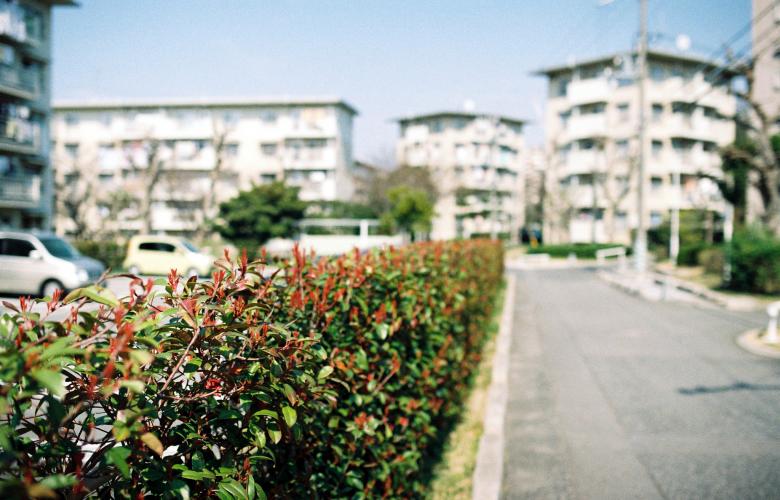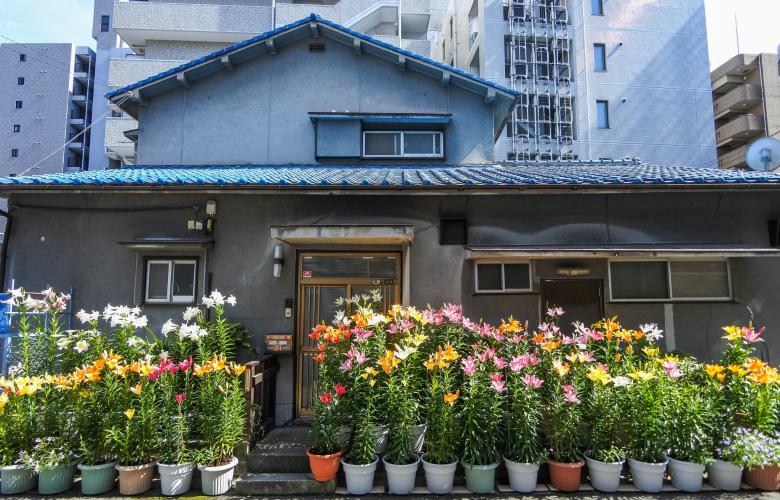Very important information to read:
This article is intended as a preliminary guide only and refers to some but not all elements required to consider in detail prior to starting any property dealings or due diligence. Property dealings are often complex, especially in foreign countries and we highly recommend you seek independent professional advice... read more... Japan is a popular destination for foreign real estate investment. Particular areas of interest include urban centers like Tokyo and Osaka, and to a lesser degree, the ski resort area in and around Niseko in the northern island of Hokkaido.
According to the Jones Lang LaSalle Japan Property Investment Guide 2016, foreign investors are able to buy real estate in Japan without restriction. Permanent residency is not required, and transfer of title is straightforward and absolute. Under the Foreign Exchange and Foreign Trade Act, however, foreign investors must submit a report to the Minister of Finance within 20 days of the real estate purchase. Also, it is worth noting that some payments into or out of Japan need prior approval from or a report to the relevant minister under the Act mentioned above.
The buying process
Even before the papers are signed, buying real estate is a lengthy process that usually starts with informing yourself on the particulars of any real estate market. In Tokyo, factors to pay attention to include, for example: location, the age of the building, and risks particular to Tokyo.
Real estate transactions in Japan are usually done through and authorized by a registered real estate agent. You can read more information here on finding an agent in Tokyo.
Finally, this article gives an overview of financing options in Japan for foreigners and the documentation required.
Legal considerations
Real estate in Japan is made up of the land and fixtures affixed to land, such as buildings. According to the Guide, “land and buildings are treated separately with respect to the tenure/ownership, which means, for example, that a parcel of land and a building on such land can be owned by different persons or entities.” Subject to laws and regulations, land ownership (or shoyuken) includes the areas above and below the surface of the land. Land and building sizes are measured in tsubo, with one tsubo being equivalent to approximately 3.3 sq m.
There are several types of real estate tenure in Japan:
“Ownership is the right to freely use, obtain profit from, and dispose of the relevant property for an indefinite period, subject to certain restrictions (such as restrictions on its use for city planning purposes),” according to the Guide. Land and buildings are registered in the real estate register or fudosan tokibo. The property address and size, and the name of the owner are tracked in this register.
Note that Japan offers both freehold (shoyuken) and leasehold (shakuchiken) options for ownership. The former refers to ownership of both land and buildings, the latter is a contract that only transfers ownership of the building(s), while a lease needs to be paid for the land the building is situated on.
This is an option used by many investors in Japanese real estate. The property is transferred to a trust bank or a trust company as trustee, and it becomes the registered owner and holds the real estate in trust for beneficiaries of the trust. Trust beneficiary interests can be freely transferred, subject to contractual restrictions.
Others
A superficies (chijoken) is the right to use the land of others to own structures (including buildings), trees, or bamboo, on that land. Economically, this right can be similar to a leasehold interest, but it has different legal characteristics.
A servitude (chiekiken) is a right to use the land of others for certain specific purposes on a non-exclusive basis.
A security interest (tanpoken) is a right created to secure the performance of an obligation, including a mortgage and a pledge.
Also, there is the option to invest in Japanese real estate through REITs.
Major legislation related to property
Laws relating to real estate:
- Civil Code
- Act on Land and Building Leases
- Act on Building Unit Ownership, etc.
- Real Property Registration Act
- Building Standards Act
- City Planning Act
- Fire Service Act
Laws relating to real estate investments:
- Financial Instruments and Exchange Act
- Real Estate Specified Joint Enterprise Act
- Act on Investment Trusts and Investment Corporations
Sources: Jones Lang LaSalle Japan Property Investment Guide 2016
This post was last updated in November 2018 by Mareike Dornhege
--
Read also:
Very important information to read:
This article and the above linked articles are not complete and are intended as preliminary guides only. These guides refer to some elements to consider prior to starting any property dealings or due diligence. Property dealings are often complex areas, especially in foreign countries and we highly recommend you seek independent professional advice... read more... 





